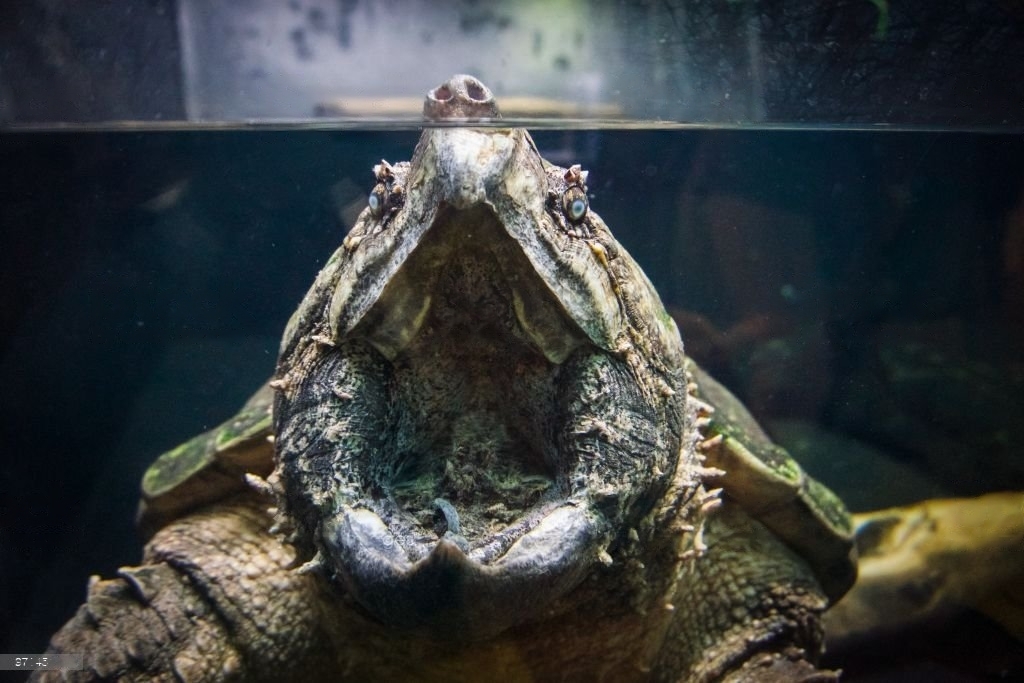The Surprising Truth About Tortoise Emotions: Can They Get Angry?
Tortoises are known for their slow and peaceful nature, but can they get angry? The answer is yes, but it is important to understand that their behavior and emotions are different from that of mammals, like humans.
Tortoises, like all animals, have natural instincts and behaviors that guide their actions. They may display aggressive behavior in certain situations, such as when they feel threatened or when competing for resources, such as food or a mate. However, it is important to note that this behavior is not the same as anger.
Tortoises may also display behaviors that may be interpreted as anger when they are feeling stressed or uncomfortable. For example, if they are not getting enough food or if their enclosure is not large enough, they may become agitated and start pacing or banging their shells against the walls. This is not anger, but rather a sign that something is not right in their environment.
It's also important to remember that tortoises, being reptiles, have a different nervous system than mammals like humans. They do not have complex emotions, so they may not experience anger as we understand it. Therefore, they may not show any signs of anger even if they are in a stressful situation.
However, it is not to say that tortoises do not have any emotions at all. Studies have shown that reptiles, including tortoises, have the ability to experience fear and pleasure, but their emotional range is much narrower than that of mammals.
In captivity, it is important to provide tortoises with the proper care and environment to keep them healthy and happy. This includes providing them with adequate space, a proper diet, and proper temperature and lighting conditions. It is also important to handle them gently and avoid disturbing them when they are resting or sleeping.
In summary, tortoises can display behavior that may be interpreted as anger, but this is not the same as the emotion of anger as we understand it. They may display aggressive behavior in certain situations, such as when they feel threatened or when competing for resources, but this is driven by their natural instincts and behaviors. It is important to provide them with proper care and environment to keep them healthy and happy.



Comments
Post a Comment